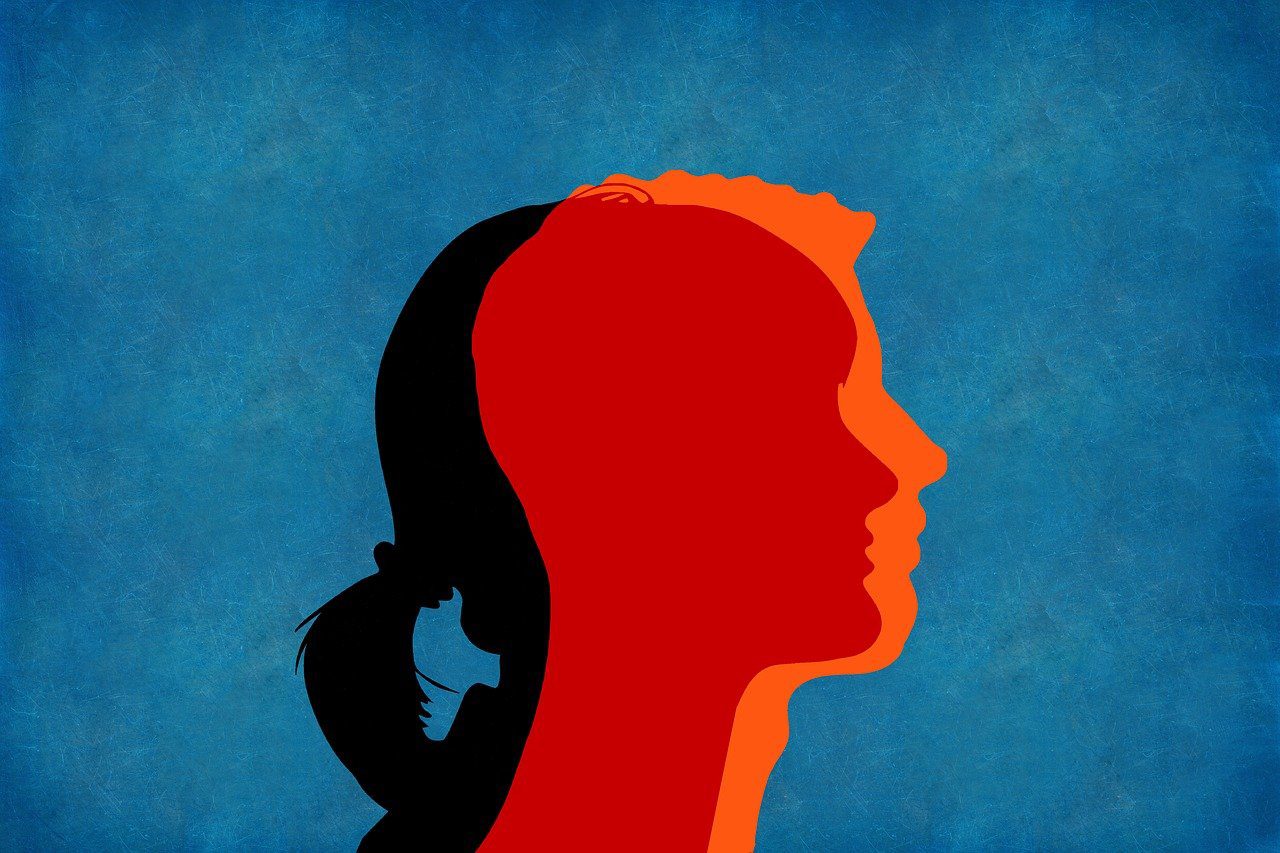As of 1 January 2022, individuals will be able to alter their gender designation by a simple declaration to the civil registry in Switzerland.
In this simplified process, Switzerland joins Belgium, Ireland, Portugal, and Norway. It can be done from Switzerland or abroad, regardless of the country of residence.
Until now, the process was long and fraught with numerous administrative and medical obstacles. Now, it has been streamlined. It is no longer necessary to require hormonal treatment or medical diagnosis, and anyone over the age of 16 can take advantage of this new legal provision. Under the age of 16, a permission from an adult is still required. The Swiss authorities have already warned against granting repeated requests for individuals who vacillate between genders. The change in civil status will not affect marriages or questions of filiation: if a father or mother changes sex, that person will nevertheless appear on official documents with the sex that was his or hers at the time the child was born.
Every year, about 40 children are born in Switzerland with anatomical characteristics that leave their gender identity undetermined. In addition, there are several hundred transgender persons who are Swiss citizens. Between 100 and 200 people have undergone or are considering a sex change operation. The new provisions therefore concern about 0.0015% of the Swiss population. But that is not the point: it is a signal of the resolutely progressive path that Switzerland intends to take. Previously rather conservative, it took a turn in the fall by authorizing gay marriage and allowing adoption by homosexual couples.
Very few countries in the world permit change of sex without some serious sign of committment, deliberation, and evidence of maturity. The rule is still to have a surgical procedure, with or without hormonal treatment and sterilization, and sometimes a psychiatric follow-up. Lawmakers in Spain have been studying a similar bill since June 2021; Germany introduced a third neutral gender in September, but the free choice of gender identity there has not yet been ratified.





